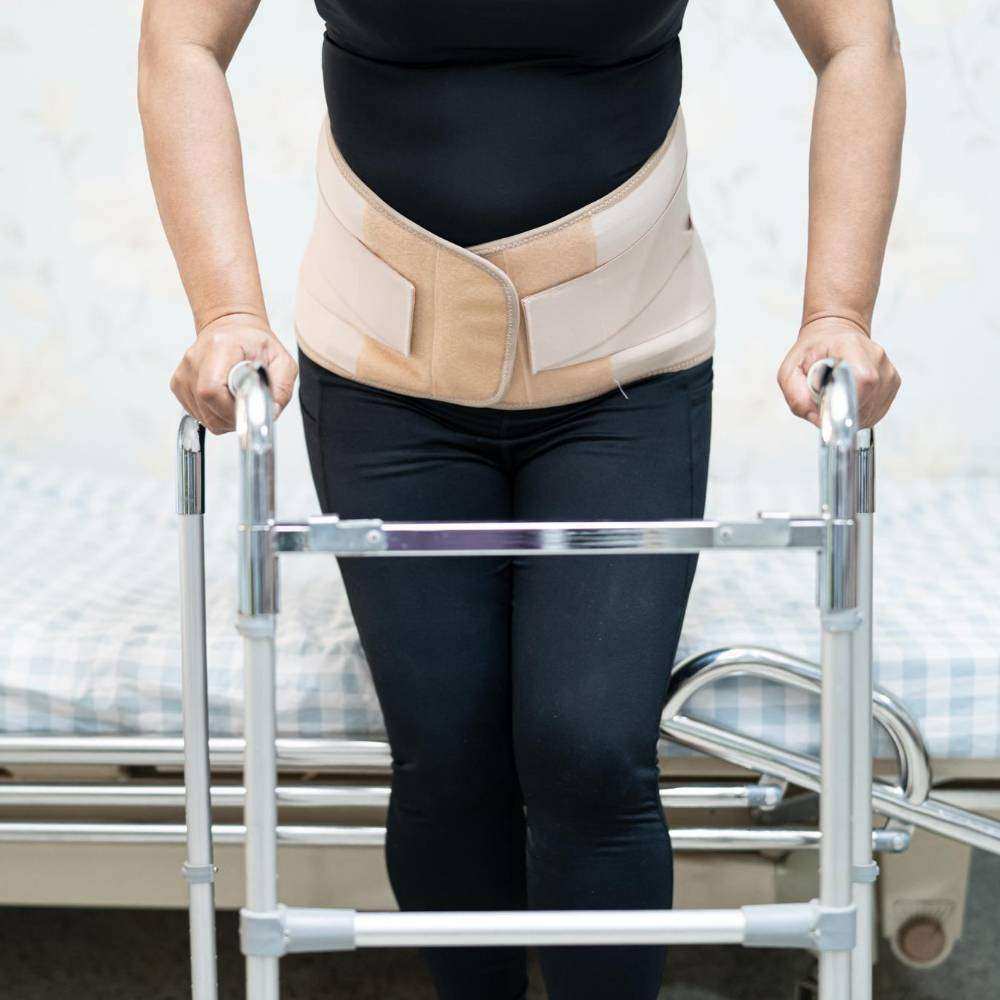In the context of healthcare, there is a group of people who play a fundamental role, but who often go unnoticed: caregivers. These unsung heroes dedicate their time, energy and heart to caring for those who need assistance, whether due to illness, disability or ageing. In this article, we will explore the vital importance of caregivers and how their role is essential to ensuring the physical and emotional well-being of those they care for.
The Role of Caregivers in Society
Caregivers are the pillars of support for people with medical conditions who require constant assistance. They can be family members, close friends or trained health professionals. Regardless of the relationship, caregivers take responsibility for ensuring that the individuals in their care have access to treatment, emotional support and quality of life.
Challenges Faced by Caregivers
The role of caregiver is not without its challenges. They often face intense physical and emotional demands. The care routine can be exhausting and emotionally draining, especially when dealing with chronic or progressive conditions. Lack of time to look after themselves is also a common reality among caregivers, which can lead to personal health problems.

The Importance of Caregiver Support
Recognizing and supporting caregivers is crucial to ensuring that they can continue to provide quality care. This can be achieved through support networks, such as caregiver support groups, counseling and moments of respite so that they can rest and regain energy. In addition, it is essential that caregivers have access to information and training to deal with challenging situations and understand the specific needs of the person in their care.
Emotional Impact of Caregivers
The emotional aspect of caregiving is often underestimated. Caregivers can feel stressed, anxious and even depressed due to the burden of constant care. It is crucial to encourage caregivers to seek emotional support and to understand the importance of taking care of their mental health.
Caring for Caregivers
To ensure that caregivers continue to play their vital role, it is imperative that society, health institutions and families recognize and support their work. This includes offering resources, benefits and flexibility so that they can balance their caring responsibilities with their own health and well-being.
Caregivers are invisible but essential pillars of our society. Their dedication, love and sacrifice are fundamental to ensuring that those who need special care can live lives of quality and dignity. It is therefore our collective duty to recognize, support and value caregivers, acknowledging that they are true heroes who make an invaluable difference to the lives of those they care for.


